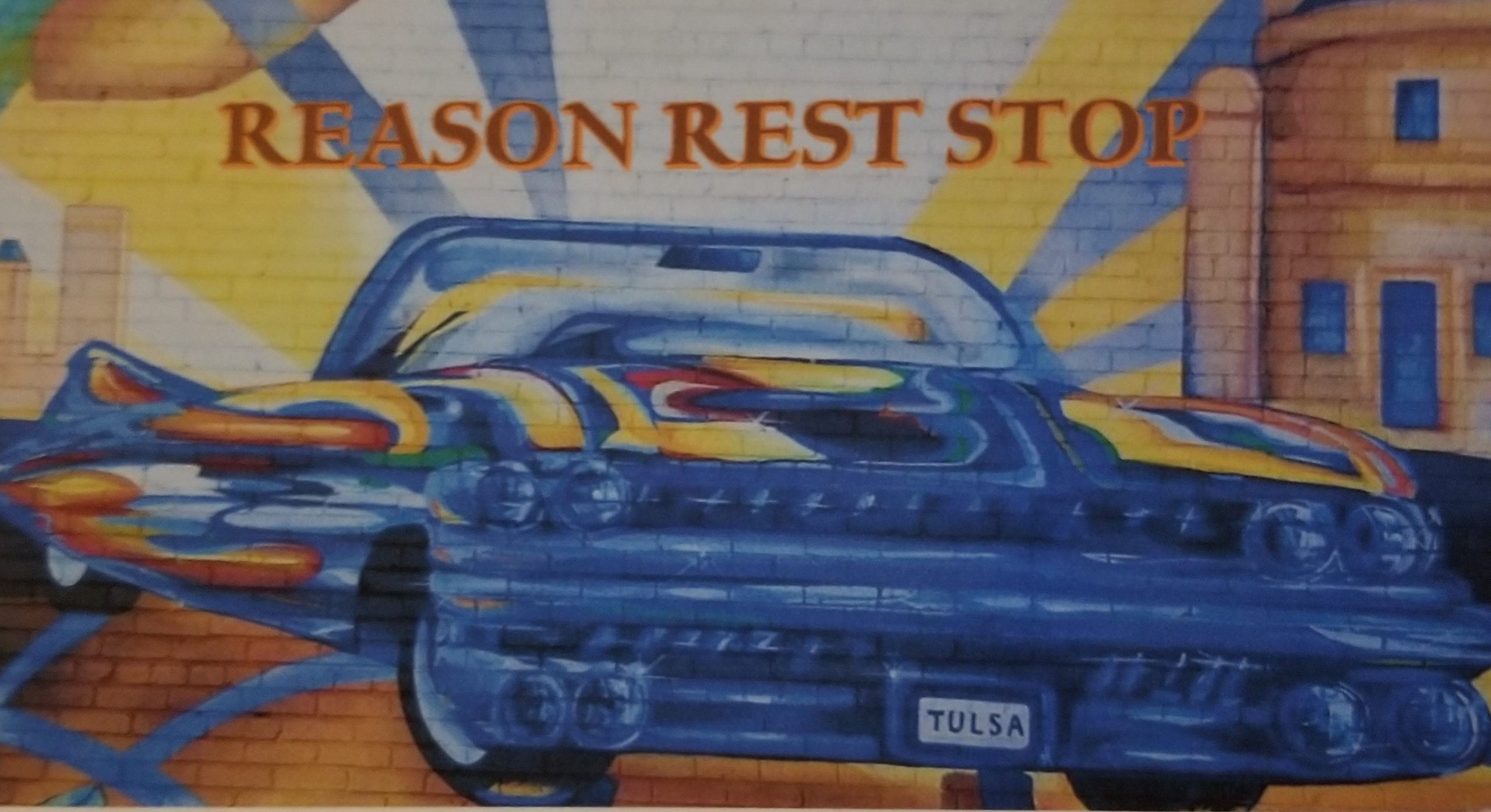It was seventy years ago this past week that the Pacific war battle of Iwo Jima was declared over and the island secure. Today on that small volcanic island in the western Pacific that was the site of one of the most savage battles of WWII, a group of aged veterans returned to the scene of what was likely the most defining event of their life. These old vets represent the last rays of the setting sun of their generation, America’s Greatest Generation. Not many of them are left and soon they will all be gone. When the last of them passes away we will step over the threshold of living memory into history. Many of them left us before we even got to meet them let alone know them, the uncle of my own real namesake for example who was in the second wave of this very battle. My Uncle Stanley was a Navy radioman whose job was shore to ship communication.
A few years ago I delivered the eulogy at the memorial service for the father of an old friend and schoolmate who resided half a block off Old Route 66 a short distance from where I grew up. Retired Navy Chief Boatwain Mate O. T. Lane was also an Iwo Jima veteran. As a member of Navy Special Forces years before they were known as SEALs, he was sent out on night ops to clear Invasion Beach of obstacles before the assault troops landed. Chief Lane was also a member of the Master-At-Arms force that guarded the Japanese POWs in the hold of a transport vessel taking them to a POW camp in Hawaii and vouched for the low number of Iwo Jima defenders that managed to survive.
As a young enlisted man I arrived at Hospital Corps School San Diego shortly after graduating from Recruit Training at the Naval Training Center across town. I vividly recall reading Secretary of the Navy Forrestal’s Commendation to the Hospital Corps that was hanging proudly on the bulkhead adjacent to the Quarterdeck. Here is an excerpt:
<“You corpsmen performed fox-hole surgery while shell fragments clipped your clothing, shattered the plasma bottles from which you poured new life into the wounded, and sniper’s bullets were aimed at the brassards on your arms. On Iwo Jima, for example, the percentage of casualties among your corps was greater than the proportion of losses among the Marines. Two of your colleagues who gave their lives in that historic battle were posthumously cited for the Medal of Honor. One of the citations reads: “By his great personal valor in saving others at the sacrifice of his own life (he) inspired his companions, although terrifically out- numbered, to launch a fiercely determined attack and repulse the enemy force.” All that he had in his hands were the tools of mercy, yet he won a memorable victory at the cost of his life.”>
Yes, the standards of my branch of service and chosen occupation were made clear to me from the beginning.
It is fair to say that those who served in WWII in all theaters of operation established a standard of excellence that is worthy of emulation. Those who fought the battle for Iwo Jima created a metric for gallantry and heroism by which all subsequent military exploits are judged. Having been privileged to serve in an organization deeply steeped in such tradition, all I can say is that if myself or anyone else achieved half of what these WWII veterans did then we can claim success by any reasonable standard. It should be our mission to ensure the memory of their service and sacrifice is never forgotten.
Five Marines and a Navy Corpsman

